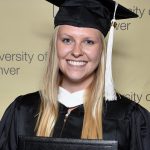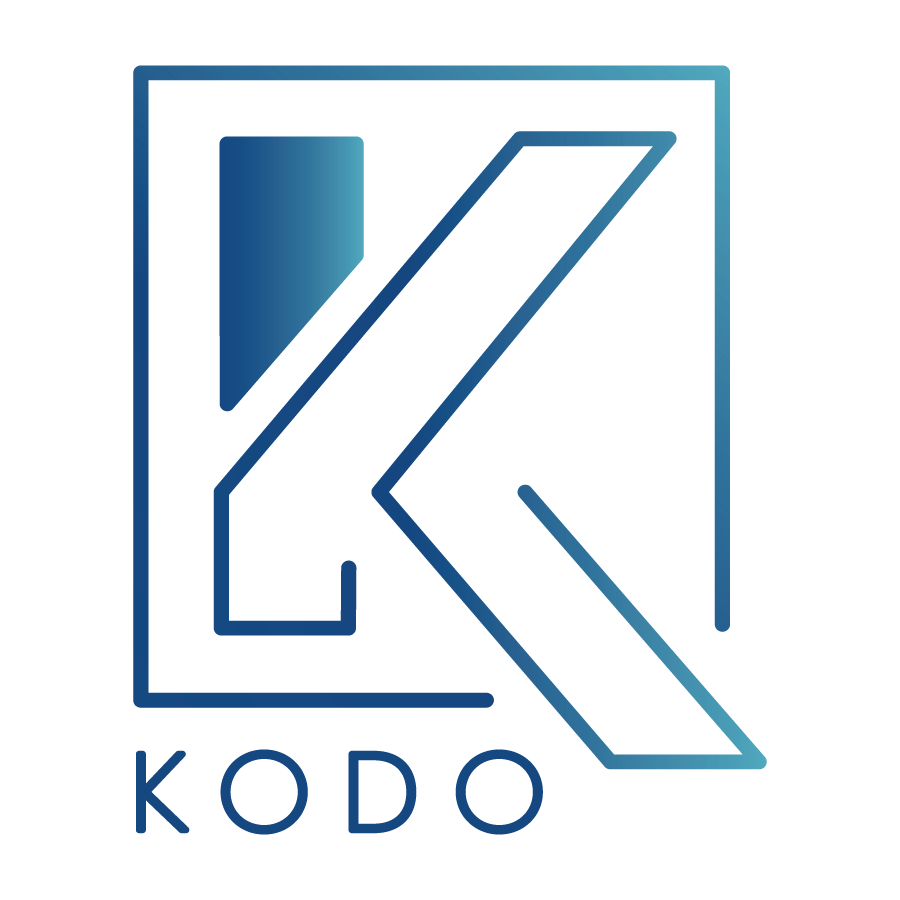Hearing Children’s Voices Through Assessment
Kodo Kids Celebrates NAEYC The Week of the Young Child™
Part 3 of 3 of our series this week. If you haven’t done so already, be sure to check out the associated video content for this blog series.
The process of children’s work is their legacy. It shows the path they navigate through challenges, success, and celebrations in the journey of their learning. As educators, it is privilege to share this process with others so they can also see the immense value children bring to their community.
The process was much more important than the final product in this long term inquiry. The children’s voices were the ones heard loud and clear throughout this project. The teachers, Aimee and Jordan, encouraged the children to invite other classes, administrators, and family members into the classroom to share their work. The teachers were intentional about letting the children share their work themselves and turned to them as the experts. The children’s decisions and ideas were respected and honored. This communicated to the children that they were driving their learning. Even the ideas that the teachers knew would most likely never have a chance in coming true, like the hot tub or real rocket ship, were heard and incorporated into the planning process. The understanding of all that goes into brainstorming, planning, collaborating, and executing were what the teachers wanted the children to experience.
During the long term inquiry at the JCC, there were so many skills and strategies that were developed. The teachers had to keep in mind that there were still assessments and learning goals to be met by the end of the year. They were intentional about how they incorporated those learning experiences into the project while keeping the voice of the child at the forefront of what was happening. The teachers documented these learning experiences with observational notes, photos, and videos to refer back to when using assessment tools. Here is a sampling of what they uncovered during the project:
During the bake sale, the teachers encouraged the children to practice their literacy skills and create flyers to hang around the school. They guided them in sounding out words phonetically and writing the letters using the child-created letter line as a reference.
Math: Math skills were fostered during the children’s planning by encouraging them to use measuring tools to collect data and include it in their drawings.
Social Emotional: Social emotional growth was a large part of this process. As the project moved forward, the teachers observed a strong sense of community developing within in the classroom. The children were more willing to seek the help of other children when they were faced with a challenge. Additionally, the children were also more willing to go to a friend’s aid when they recognized they needed help. The teachers saw this as a direct reflection of the model that was set during the project for seeking help in the community.
Social Studies: The children met new community members and learned about their impact and role in the community. They took the skills and strategies they learned from these various community members and applied them to their work on the outdoor space.
This long term inquiry brought endless joy, knowledge, and growth for both the children and the teachers. It was gratifying for everyone involved to have known they left a lasting legacy that will enrich the lives of future children for years to come.
A big thank you to the children, teachers, and entire community at the Boulder JCC for sharing this story with us!
 Jordan Kaseeska is the Education Specialist at Kodo Kids. She received her undergraduate degree from Colombia College Chicago in Early Childhood Education and went on to earn her masters degree from University of Colorado- at Denver in Education and Human Development with a focus in Early Literacy. She has used her passion for constructionist style teaching in both public and private early childhood and elementary schools.
Jordan Kaseeska is the Education Specialist at Kodo Kids. She received her undergraduate degree from Colombia College Chicago in Early Childhood Education and went on to earn her masters degree from University of Colorado- at Denver in Education and Human Development with a focus in Early Literacy. She has used her passion for constructionist style teaching in both public and private early childhood and elementary schools.

